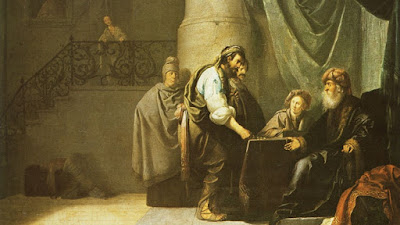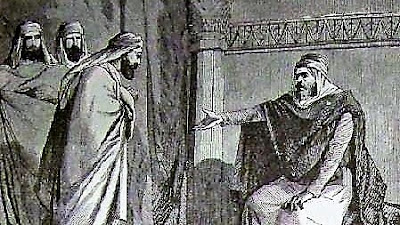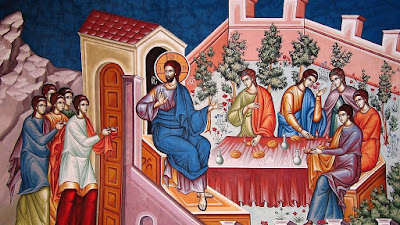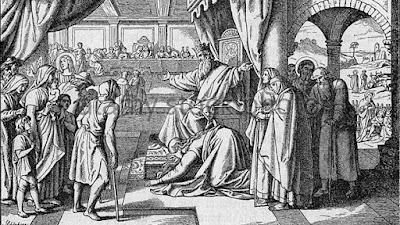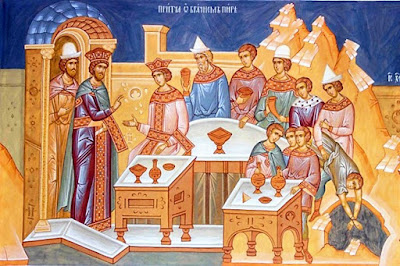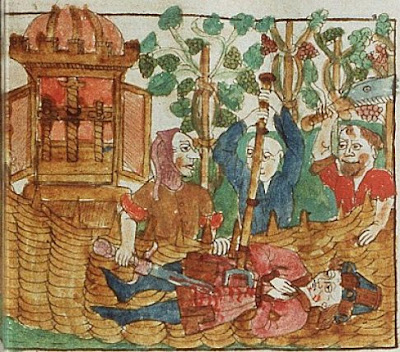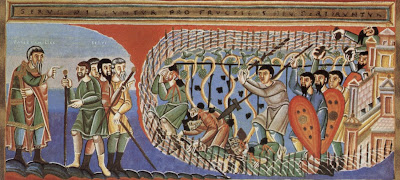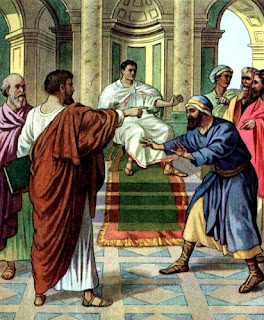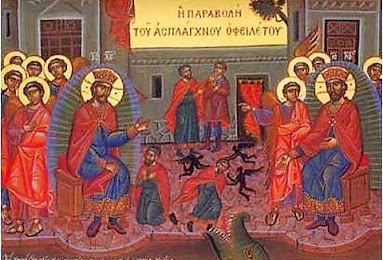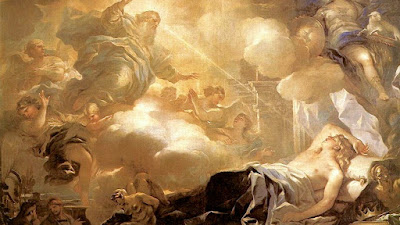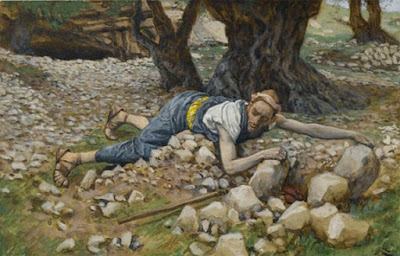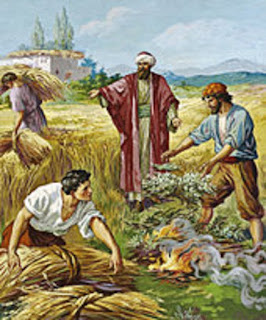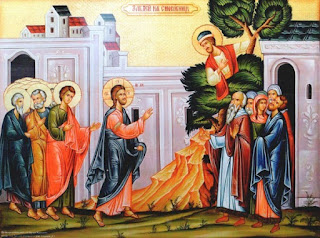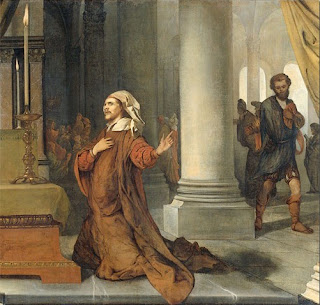Like King, Like Queen: A Reflection for the Solemnity of Christ the King, Year A
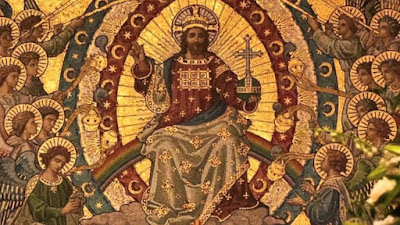
By Fr. René J. Butler, M.S. Provincial Superior, La Salette Missionaries of North America (Ezekiel 34:11-17; 1 Corinthians 15:20-28; Matthew 25:31-46) Hungry, thirsty, naked, stranger, sick, in prison. That’s the checklist Jesus uses in the famous judgment scene in Matthew’s gospel. There is another list, in today’s reading from Ezekiel, where the Lord catalogues all the things he will do for his sheep which, as we find in the preceding verses (not included), the official shepherds have failed to do. But, as with other lists in the Scriptures, these are not exhaustive. They point us in a certain direction and allow us to see beyond the list, to draw up “new, improved” lists according to the world we live in. This is exactly how many Religious Orders came into existence. Some literally feed the hungry and clothe the naked. Some meet other, equally urgent, needs. Interestingly, though hunger and sickness are specifically mentioned in the message of La Salette, the perspec
